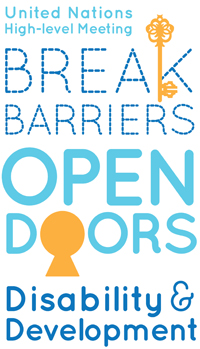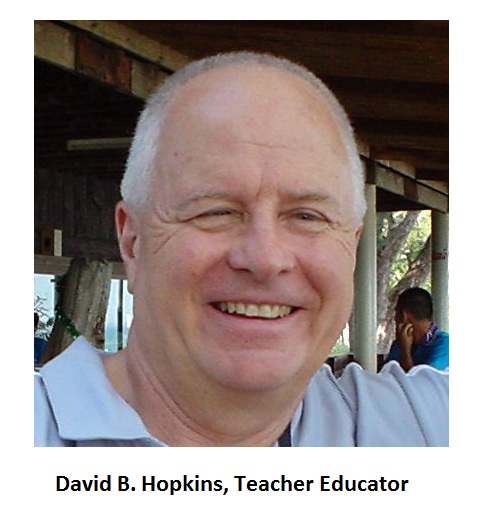
Early
Fall 2013
Mindful
Teaching
by Robb
Scott
Cowboys,
Cossacks
by Robb
Scott
Title tk
![]()
/Index/
/Letters/
/Profiles/
/Search/
/Podcasts/
![]()
Subscribe
for free!

Right Livelihood:
Insights on Ethical Teacher Development
My good friend, mentor, and former supervisor David B. Hopkins is writing a new book and I am sworn to secrecy until he is ready to share it with a wider audience of professionals. The field of TESOL and cross-cultural communication is so fortunate that an individual with his feet so firmly stationed on the ground and his consciousness so vast has the disposition to write down his ideas and share insights that truly clarify what it means to be a language teacher and a language learner in a world where languages and cultures are becoming so interrelated and interdependent.
After reading a draft of one section recently, where Dave states matter-of-factly that a principle he is advocating directly contradicts what he was saying a decade ago on the same issue, I was reminded and transported back to 1990 when I was a lecturer and he was director of an ESL curriculum research and design team--the Ohio Program for English Language Teaching--housed at Chubu University in Kasugai, Japan.
 The four of us on the OPELT team would meet weekly for an hour to compare notes on various joint initiatives we were involved in with Chubu's Language Center, Department of Modern Languages, and other offices and agencies at the university and in the local community. One week, I came to our meeting expecting to continue a discussion about an evolving project which I had felt motivated to pursue with Dave's approval in the past week's meeting. As I started to explain to the team the steps I had taken towards our consensus goals, Dave announced that he could see problems with our approach: when I said his concerns contradicted what he had expressed in our previous meeting, he became very serious and intense. "I consider the ability to change my mind one of my best qualities," explained Dave, who proceeded to make clear a much better strategy than the one we had been following.
The four of us on the OPELT team would meet weekly for an hour to compare notes on various joint initiatives we were involved in with Chubu's Language Center, Department of Modern Languages, and other offices and agencies at the university and in the local community. One week, I came to our meeting expecting to continue a discussion about an evolving project which I had felt motivated to pursue with Dave's approval in the past week's meeting. As I started to explain to the team the steps I had taken towards our consensus goals, Dave announced that he could see problems with our approach: when I said his concerns contradicted what he had expressed in our previous meeting, he became very serious and intense. "I consider the ability to change my mind one of my best qualities," explained Dave, who proceeded to make clear a much better strategy than the one we had been following.
I was 32 years old at the time and now I am 54. On a number of occasions, I have had the opportunity to observe professionals who would do nearly anything other than admit a mistake or change their mind on an issue, especially involving principles or values, and even in the face of incontrovertible evidence. I am reminded by the example and highly ethical standard set by David B. Hopkins of how crucial--and precious--an element intellectual honesty is in today's academy.
The potential for new learning and personal development can be severely limited by a number of physical, emotional, and cognitive factors. Yet the teacher who allows his or her ego, authority, and sense of territoriality to override intellect runs the risk of blunting his reason and judgment, coloring perceptions and neglecting opportunities to build an environment conducive to all students realizing their own full potentials.
This reminder from my friend Dave Hopkins encourages me to refresh my vision of the teaching profession as the highest calling in the world. I really like a quote that is widely attributed to Aristotle, but not actually included in any of his works: "Those that know, do. Those that understand, teach."
Understanding requires having a mind open to the possibility that we may be wrong about something and even may have repeated it like a mantra over and over again, but our perceptions remain clear and honest and we are flexible enough to recognize and embrace the opportunity to admit an error and change our mind.
One of my favorite quotes is:
-By Oliver Wendell Holmes (1809-1894)
And one can only follow that quote with this one that my friend Dave Hopkins often says in his fluent Portuguese language:
- Fernando Pessoa
["navigare necesse est, vivere non est necesse," -original Latin by Plutarch]
[It is necessary to sail, it is not necessary to live - literal translation in English]
[Sailing is all that matters! - loose translation in English]
I can hardly contain my enthusiasm about Dave's new book, and we can thank our lucky stars that he's at the rudder of such a seaworthy craft! It is our additional good fortune that he has a very strong work ethic and types almost incessantly--only stopping to eat and read. I expect his book will be ready before the December holidays.
(Editor's Note: For more details on this upcoming book by Dave Hopkins, please contact DAVEHBANPHE@GMAIL.COM.)
Article by Dr. Robert Bruce Scott, Ed.D.
drrobbscott@gmail.com
Manhattan, KANSAS
2013 ESL MiniConference Online
PDF conversion by PDF Online